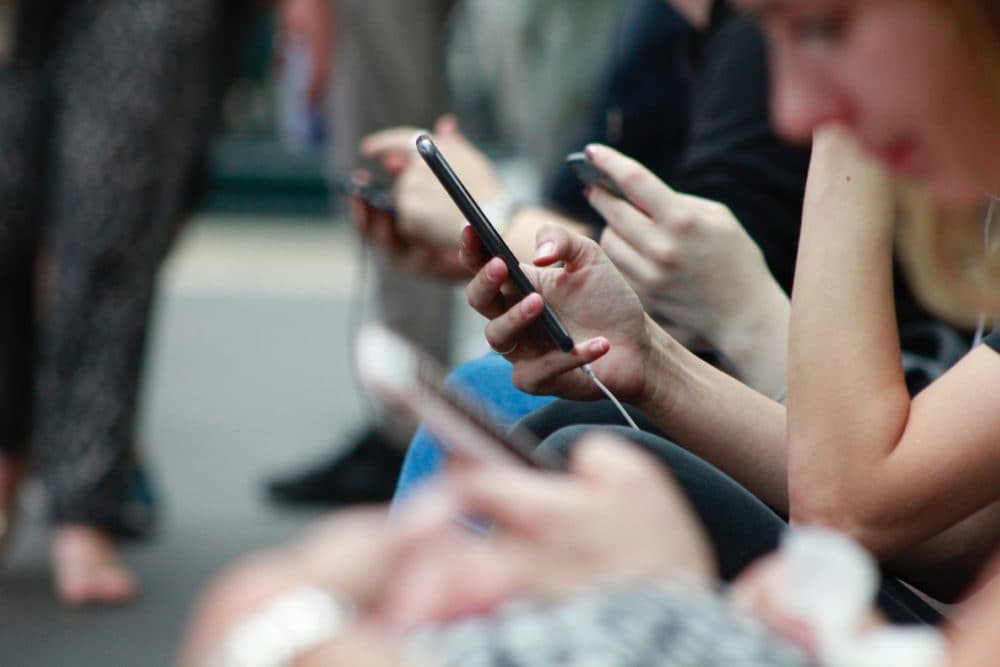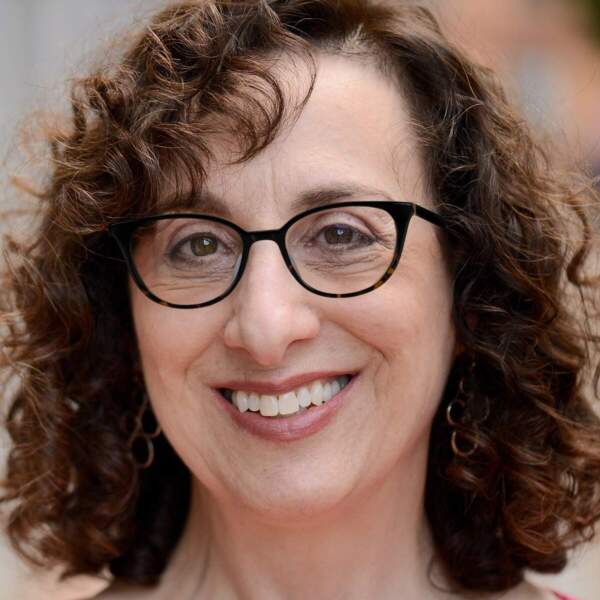Advertisement
Commentary
My Facebook Feed Is Giving Me Compassion Fatigue. Here's What I'm Doing About It

I know. You don’t need to tell me. It’s my own fault. I could simply delete my account, or install a blocker, or, Lord knows, cut back on my compulsive scrolling. The fact is, I’m not ready. Not yet. But I’m getting there.
When I peruse my Facebook page, I relish the connection, albeit virtual, with my curated community from across the globe, and across my life span. Much of what enters my feed is positive — milestones, promotions, awards, publications, performances. It’s fun to like, love, wow and otherwise celebrate good news; and, according to research, clicking emojis and offering “Congratulations!” releases “happy hormones” such as dopamine.
My feed also includes the usual enraging political links, news of global disasters, and updates on other scary and overwhelming events, which can kick off cortisol, the stress hormone. I’m proud to say I’ve gotten better at “snoozing” or outright blocking those kinds of posts.
But lately, I’ve become aware of a new challenge: the proliferation of unpleasant details about other people’s lives that have slowly infiltrated my consciousness, occupying mental and spiritual bandwidth that might otherwise be used for more productive pursuits. Or, for attending to matters closer to home — such as my two elderly, declining cats and my one elderly, declining mother.
... my desire to communicate is increasingly at odds with the negative effects of information oversaturation.
For instance, if it weren’t for social media, I wouldn’t know that Andrea, who friended me after we met at a writers’ conference five years ago, was having an adverse reaction to her chemo protocol for breast cancer. As I fall asleep, I wonder how she’s doing.
And I wouldn’t know that Martin, a friend of an acquaintance, lost his home in the California wildfires. Where is he now? Will he rebuild or relocate?
If not for my habit, I would be unaware that Judith, a childhood classmate whom I haven’t seen since 1966, was preparing to say goodbye to her beloved dog, Marshmallow. How is she coping? I feel her pain.
And that’s just scratching the surface. If I weren’t on Facebook, would I know about my distant cousin’s son’s drunk driving arrest? My college boyfriend’s daughter’s friend’s suicide?
Bad news and sad news are part of life. Pregnancy loss, child loss, spouse loss, friend loss, pet loss, job loss; divorces, accidents, aging parents, hospitalizations, diseases of all stripes. But do I really need to expose my already-sensitive nervous system to a steady diet of woe?
Advertisement
Now, I’m not saying people should refrain from posting tough news. I do it too. It makes me feel less alone. But my desire to communicate is increasingly at odds with the negative effects of information oversaturation.
A comprehensive 2015 study conducted by the Pew Research Center analyzed the relationship between digital technology and stress, citing both the benefits (connection) and the “cost of caring,” and noting gender differences: women tended to be more stressed than men by awareness of “undesirable” events in other people’s lives.
I feel it in my body — my stomach tightens, my breath catches, my heart sinks, as I read about what my Facebook friends are enduring. Part of me wants to reach out to each one, to offer help or solace. And another part wants to sign off and focus on things that are, if not happy, at least in my control.
Yes, the ability to be empathic is important, but, as I’ve shared in this space before, there’s such a thing as too much empathy, which can lead to “secondary trauma.” That is, when we’ve been exposed to information and images unrelated to any direct personal experience, we can still manifest stress symptoms, as if those things had literally happened to us. So if you’ve been sad, worried, afraid, or generally emotionally reactive as you scroll online, perhaps it’s time to take a break.
Compassion is different from empathy and can yield positive benefits. In 2009, Thupten Jinpa, PhD, a Tibetan Buddhist scholar and the Dalai Lama’s primary English translator, along with others at the Stanford University Center for Compassion and Altruism Research and Education, developed Compassion Cultivation Training. This program, and others like it, teach us to be connected and loving but not overwhelmed by others’ hardships. They note, “Cultivating compassion goes beyond feeling more empathy and concern for others. It develops the strength to be with suffering, the courage to take compassionate action, and the resilience to prevent empathy fatigue.”
Sign me up.
So, how did we share news in the past, pre-social media? Email? And before then, letters and cards? Annual newsletters? Phone calls? How many people’s trials and triumphs would I really have known about through those means? A dozen or two? Was my life any poorer for not knowing everything that was going on in their — and their acquaintances’ — lives?
So if you’ve been sad, worried, afraid, or generally emotionally reactive as you scroll online, perhaps it’s time to take a break.
Now what? I’m not ready for a cold-turkey detox, so my plan is to take it in stages. First, I will limit exposure (I’m down to 15 minutes twice a day) and schedule more 3D interactions.
Next, I might explore some of the “take control” suggestions proposed by the Center for Humane Technology, including the daunting-sounding “Facebook Newsfeed Eradicator.”
Then, I’ll tackle my list: I have 636 Facebook friends, 442 people I’ve actually met in person and 194 I haven’t. Writers. Editors. Meditators. Musicians. Teachers. Therapists. Some friends of friends. Some friends of relatives. Some relatives of friends.
I’ll winnow down the 194 “never mets.” Exceptions will include a few I’ve never met but with whom I have a positive connection. Of the 442 “have mets,” I’ll keep the ones who are real-life friends, family, or folks with whom I want to stay in touch, personally and/or professionally. For the rest, my goal is to determine if our virtual connection adds joy or meaning to my life.
And if it doesn’t, I’ll just have to train myself to hit “unfriend” and let it go.
